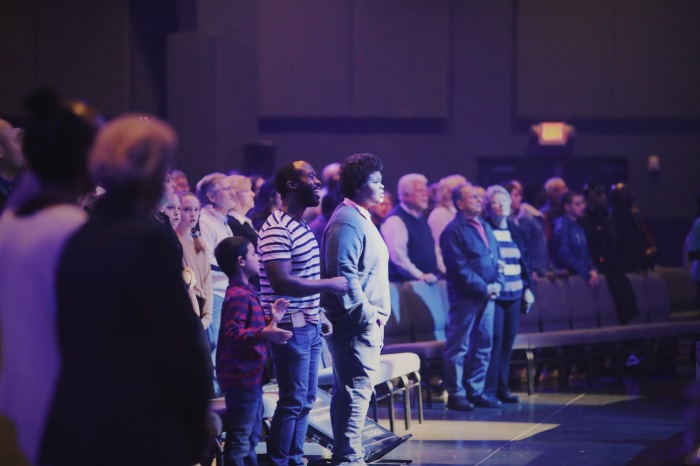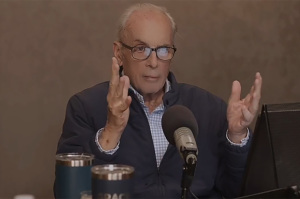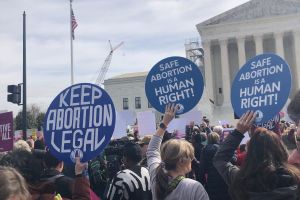More Americans would attend church this Easter if open but plan to heed restrictions: survey

If churches were open this Easter, more than half of Americans who attended church last year to celebrate the season said they would go, according to a survey.
But with social distancing restrictions in place amid the coronavirus pandemic, only 11 percent plan to observe the holy day at church this weekend.
The findings were pulled from WalletHub’s recent online survey of a nationally representative sample of 400 people in which they sought to gauge people’s attitudes on the Easter season and religion amid the coronavirus pandemic.
When asked “If churches were open this Easter, would you go?” 56 percent of respondents in the survey selected “yes.”
In 2019, only 27 percent of the respondents said they attended church to celebrate Easter. A majority, 59 percent, said they celebrated with family and friends, while another 25 percent said they stayed home.
Nearly 70 percent of respondents also revealed in the survey that their spending this Easter will be affected by the coronavirus. Forty-six percent said they won’t be spending any money on Easter food or clothes, 42 percent will cut back on candy, 38 percent won’t spend any money on Easter baskets, and 29 percent said they will not spend any money on family portraits.
A majority of Americans, 69 percent, said they were also more concerned about the coronavirus while 30 percent said the economy is their top concern.
When asked what they were most thankful for amid the pandemic, 40 percent of respondents in the survey ranked family as what they are most thankful for, followed by health (29 percent), freedom (14 percent), and their job (12 percent). Six percent said they were thankful for nothing.
More people, 39 percent, said they would be making phone calls this Easter season to make life feel more normal than those who planned to watch church on TV (27 percent).
When it comes to giving to their church, 27 percent of respondents said they planned to give less than usual to their church. Seven percent said they would give more than usual while 66 percent said they will be giving their normal amount.
When asked if they got a $1,000 relief check from the government, a majority, 73 percent, said they will not donate any share of it to the church.
The survey also delved into the debate about whether or not churches should be treated as “essential businesses” during the coronavirus pandemic and a staggering 77 percent of respondents declared “no” and said churches should not be open at this time.
Most Americans said they felt like churches were doing enough to help with the coronavirus relief efforts.
Episcopal Diocese of West Tennessee Bishop Phoebe Roaf told WMC5 that as Christians get ready for a restricted celebration of Easter Sunday they should remember that God cannot be restricted.
"God is not confined to a building. And while faith communities aren’t able to worship together in person, the way we have, the mission of God has not changed. Prayer has not changed, and all of the values of God, the values of compassion, the values of humility, the values of generosity, those are things that we need now more than ever,” Roaf said.
“One of the silver linings in this cloud has been the wonderful creativity that the faith communities are demonstrating in terms of livestreaming their Sunday services for the first time, some of them,” she continued. “Our faith communities who’ve been livestreaming have actually had more people watching their services via Facebook Live or their website. Some, in some instances, hundreds more than what they have on a typical Sunday.
“Even in the midst of these challenging times ... I have a real sense of hope because all of us, or maybe most of us, are looking for a deeper meaning, a deeper purpose and underlying message and significance for our lives, and the relationship with God is the thing that satisfies and fills that need.”





























